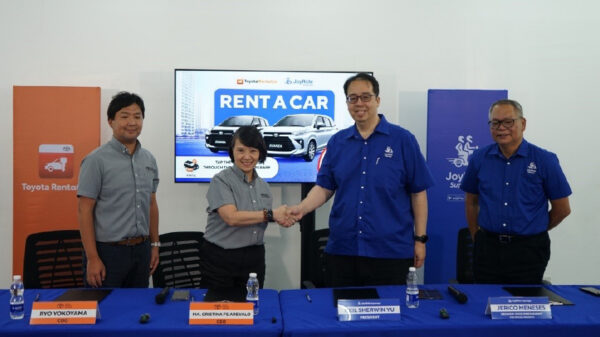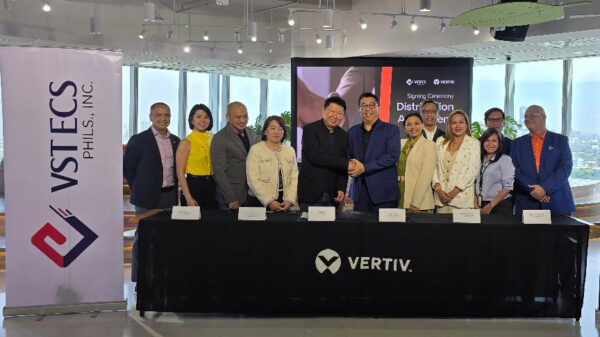Staying true to its promise of offering high-quality smartphones with cutting-edge features and trendsetting design for the youth, the fastest-growing smartphone brand realme collaborates with the world-renowned authority in quality management TÜV Rheinland in creating a new quality standard for smartphones with the TÜV Rheinland Smartphone High-Reliability Certification.
The TÜV Rheinland Certification serves as the new quality standard for smartphones in major markets worldwide. realme is the first smartphone brand in the world to get certified with high reliability and quality by the leading technical services provider, with realme C25 and realme C21 obtaining the certification. This is a testament to the brand’s commitment to bringing more quality products with trendsetting designs powered by leap-forward technology for its main consumers — the youth.
Ensuring the best quality of its smartphones
realme believes that all high-quality products start from excellent design. With this, the brand has to follow an established set of principles and criteria when designing and producing products for its consumers. It is why all realme smartphones are designed with quality in mind first and then incorporating with trendsetting designs powered by leap-forward technology. When processed accordingly, it will be produced through rigorous quality control.
To bring the quality control procedures of its smartphones to the next level, realme collaborates with TÜV Rheinland to create standard procedures that will be used for quality control and testing across all realme smartphones.
Setting a higher quality standard with TÜV Rheinland
Last year, realme has started working with TÜV Rheinland to improve the quality of its smartphones by designing the next generation of quality standards. realme and TÜV Rheinland aim to improve the standards currently used in the industry and raise the quality of entry-level models to flagship standards. Both leading authorities also hope to improve the smartphone experience during its initial 3-year life cycle.
The TÜV Rheinland Smartphone High-Reliability Certification process encompasses 23 major tests, including 10 daily use test scenarios, such as drop, wear, and tear; seven extreme environment test scenarios, including super extreme temperature, extreme humidity, voltage fluctuation, button life, static electricity, air pressure; and six component reliability test scenarios.
Quality designed for young leapers
There is a 6-stage smartphone design process on how smartphones are designed, developed, and tested in realme’s facility. The Quality Control team is 100 percent involved in every step of quality checking. If the product fails to meet the set standards, the Quality Control team has the prerogative to redesign the product from scratch.
Aside from setting a good benchmark for creating high-quality products, realme wants to bring its product quality standard to the next level by understanding exactly how digital natives use smartphones. The brand has been reaching out to customers and fans to conduct product experience surveys and getting feedback during the mid-product life cycle. realme deep dives into the results to design high-quality smartphones that fit into the lifestyles of its consumers.
Based on young users’ scenarios, such as travel and outdoor extreme outdoor sports, realme has done more vigorous tests set in environmental settings. To withstand accident drops in popular outdoor sports such as skateboarding and parkour, the products go through more aggressive drop tests at a height up to 1.8 meters at multiple sides on different surface materials. realme also simulates extreme temperature from negative 40 degrees Celsius to 75 degrees Celsius in an outdoor environmental setting to make sure all realme products can remain to function well.
Aiming to be fully automated in the future
realme has been investing in a smart factory that aims to be fully automated in the future. Through it, realme can improve the efficiency and precision of its complex manufacturing processes. One such automation example is the SMT production line, responsible for putting components onto the PCB motherboard. The current automation rate in the smart factory is 87.5 percent, which is already way above industry standard. With the AI automation capability, the current realme AI smart factory can produce 60 million devices every year.
First realme smartphones certified by TÜV Rheinland
The C-Series is a powerful smartphone line-up from realme packed with well-rounded features, capable of handling the digital-heavy lifestyles of users. The realme C21 and realme C25 are the first two smartphones from realme that obtained the TÜV Rheinland Smartphone High-Reliability Certification.











































































































